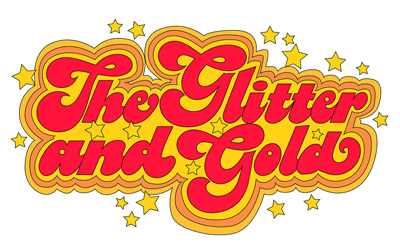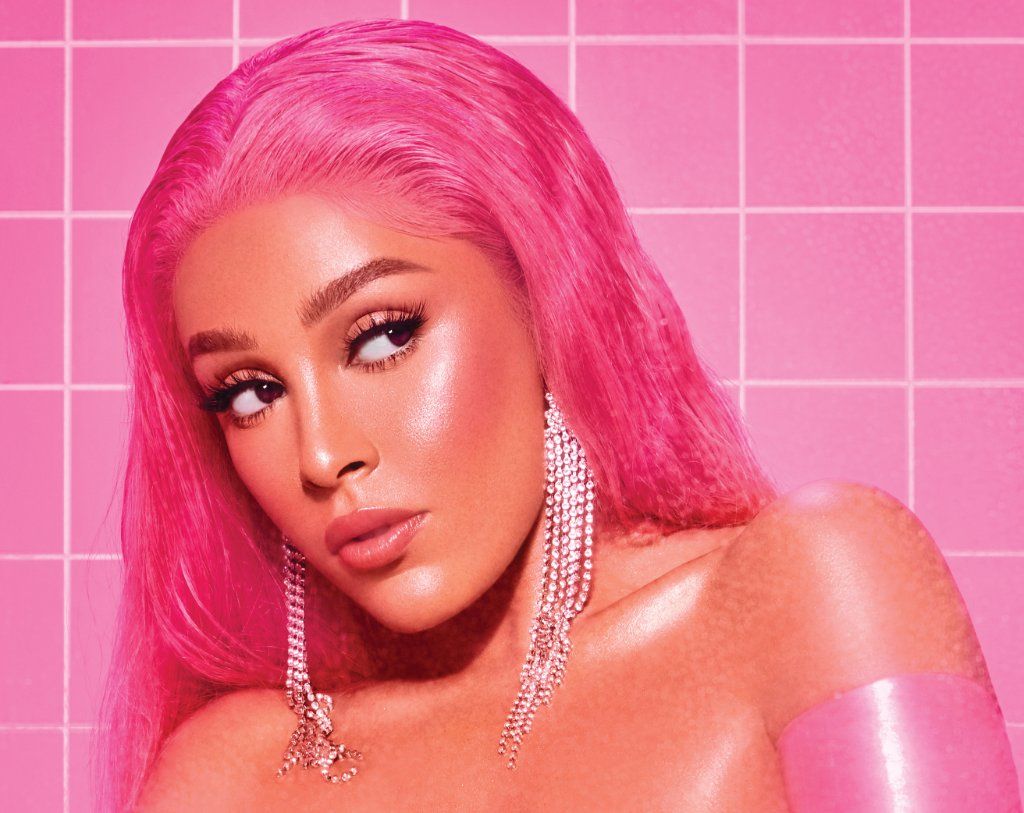After 14 years, Jet Black Cat Music will close its physical store at the end of December. I’m sad to hear this. I’ve always admired the store’s curation. Shannon Logan, who runs Jet Black Cat, was once described to me by a member of Nice Biscuit as the backbone of indie music in Brisbane. And I belive this is true. More personally, I owe Jet Black Cat an important debt of gratitude. A conversation I had with Shannon in 2016 sparked an increasing fascination with vinyl, which eventually inspired me to open my own store Glitter Records.
The Role of Jet Black Cat in Brisbane’s Vinyl Revival
Jet Black Cat Music was an early supporter of the vinyl revival. This movement, which began in the mid-2000s and exploded in the 2010s, had a significant impact on Brisbane’s music scene. During this time Jet Black Cat quickly became a beloved spot for Brisbane’s indie music lovers, especially in West End.
Despite vinyl’s resurgence, running a small, independent store focused on indie music has been a challenge. In a 2016 interview for an article I wrote as a music journalist, Shannon explained the ins and outs of her trade. She shared that large retailers like JB Hi-Fi could drive down prices to a level that small shops couldn’t compete with. On the other hand, digital-first releases—albums like those by Frank Ocean or Solange —often came out with no immediate physical format, leaving stores like Jet Black Cat Music scrambling to keep customers happy. Other retailers at the time also noted that the vinyl revival brought new challenges, such as vinyl pressing becoming a bottleneck for independent artists.
Rising Costs and Changing Habits for Jet Black Cat Music
While vinyl pressing has become less of a bottleneck thanks to independent operations like Brisbane’s Suitcase Records, new challenges have emerged. The pandemic added strain to businesses like Jet Black Cat Music. Now, rising rents, inflation, and the reduction in disposable income are creating tough conditions.
Jet Black’s closure follows the recent shutdown of The Record Exchange in Brisbane city, signalling a shift in the local music landscape. The challenges Jet Black faced reflect a larger trend affecting record stores globally. Rising rents, inflation, declining foot traffic, and the growth of online shopping are forcing independent shops to rethink their future.
Shifting to Online and Pop-Up Models
Before its closure, Jet Black Cat Music had already begun evolving beyond a traditional record store. In addition to selling vinyl, it has been promoting tours and supporting local Brisbane artists—almost functioning as a de facto booking agent. Now, as the store pivots to an online-first and pop-up model, this shift reflects a broader trend within the indie music retail space.
While this offers flexibility, it also highlights the growing challenges faced by independent stores in an increasingly digital world. This trend points to a hard truth. Independent stores like Jet Black Cat Music are adapting to survive, but it remains uncertain whether Brisbane’s record stores can thrive in the digital age.
Reflecting on the Discipline of Focusing on Recorded Music
While I recognise the broader shifts taking place, I want to reflect on something that remains important to me. There is still room to explore recorded music as a physical object. The mid-tier vinyl market has been under intense pressure. As we can see stores like Jet Black Cat Music are pivoting to survive within these new constraints. However, the high-end vinyl market continues to show strong signs of growth. While casual demand for new releases struggles, rare records are thriving as collectibles.
It’s easy to get caught up in the transient aspects of running a music store. Such as community events and live shows. Jet Black Cat Music expanded into these areas, but when it comes to my own store, I want to maintain the discipline to focus on the physical recorded media itself. The record store should be a destination for music lovers who seek a tactile, meaningful connection to their favourite artists and albums. I believe there’s a place for a curated, thoughtful collection that respects the art of the physical medium. This is something I’m committed to at Glitter Records.
Losing the Community Experience at Jet Black Cat Music
Record stores have always been places to discover, share, and discuss music. Flipping through vinyl, chatting with staff, and attending live events—these experiences make record stores unique. Now, with online sales dominating, the social aspects of music discovery are fading. Screens replace human interaction, and virtual shopping replaces the tactile experience of flipping through records. As independent stores like Jet Black Cat Music close, we lose more than just a place to buy music.
A Hybrid Future: Glitter Records and the Evolution of Music Retail
In contrast to Jet Black Cat, Glitter Records was designed with a digital-first mindset. But with a clear commitment to the physical side of music. I understood the challenges of running a brick-and-mortar store. But I knew how important it was to maintain a real-world community connection. Glitter Records offers an online experience while also keeping a physical store as a gathering point for music lovers. This hybrid model blends the convenience of online shopping with the essential spirit of in-store discovery.
Final Thoughts
As record stores make difficult transitions, we are given cause for self-reflection. Can independent music culture survive in a world dominated by streaming and digital convenience? Will the hybrid model of online sales, combined with occasional physical experiences, be enough to keep the spirit of discovery alive? The answer may be uncertain at this time, but I am confident that with courage, determination, and original thinking, there are abundant opportunities and a bright future ahead for the modern record store.








